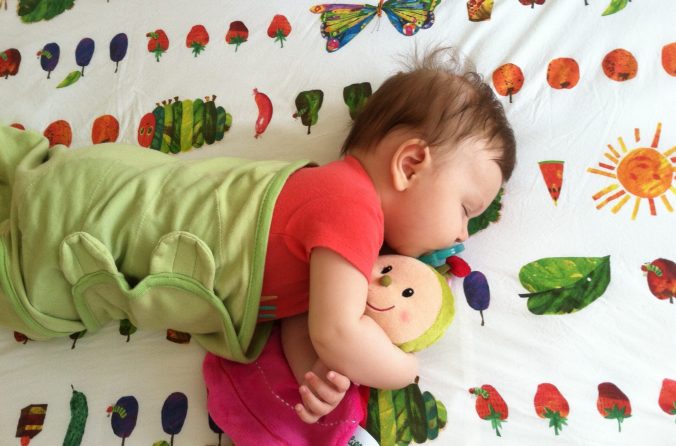Sleep is an essential process which supports cognitive functions such as learning and memory. Why we sleep and how sleep works to support cognitive function are still open questions. The Diering lab is attempting to answer the following: 1) what are the molecular and synaptic bases for the restorative processes of sleep, 2) how does sleep contribute to the development of the brain, and 3) how does sleep disruption in early life contribute to the progression of neurodevelopmental disorders such as intellectual disability and autism?
Circadian Rhythm: The Clock that Keeps on Ticking. Video by Elissavet Chartampila and Sean Gay.
 The Synaptic Homeostasis HYpothesis (SHY) of Sleep: One night of poor quality sleep (or no sleep) has immediate impacts on our ability to think clearly and to form lasting memories. Why is this? SHY suggests that encoding information from our daily waking experience results in a net strengthening of synaptic connections through Long-Term Potentiation (LTP), a form of synaptic plasticity widely believed to underlie learning and memory. This strengthening of synapses during wake is then off-set by global weakening of synapses through homeostatic scaling-down, a form of synaptic plasticity that is important for regulating overall neuronal excitability.
The Synaptic Homeostasis HYpothesis (SHY) of Sleep: One night of poor quality sleep (or no sleep) has immediate impacts on our ability to think clearly and to form lasting memories. Why is this? SHY suggests that encoding information from our daily waking experience results in a net strengthening of synaptic connections through Long-Term Potentiation (LTP), a form of synaptic plasticity widely believed to underlie learning and memory. This strengthening of synapses during wake is then off-set by global weakening of synapses through homeostatic scaling-down, a form of synaptic plasticity that is important for regulating overall neuronal excitability.
- What are the molecular mechanisms which drive homeostatic scaling-down in neurons and during?
- How does homeostatic scaling-down during sleep interact with other types of synaptic plasticity (LTP) to support memory consolidation?
I Think, Therefore I Sleep. Video by Bradley Allf.
Sleep and Brain Development: The amount and nature of sleep changes dramatically during the course of development. One of the major targets of sleep is the neuronal synapse. Synapses are also highly dynamic during development with early life dominated by profound synaptogenesis followed by synapse pruning during adolescence. Only as we reach adulthood do synapse numbers finally stabilize. We propose that sleep may actually perform different functions during development than during adulthood. In adults, sleep may primarily serve a restorative function to maintain synapse homeostasis. During development, sleep may be important to stabilize newly forming neuronal circuits.
- How does sleep change during development?
- How does sleep support the development of the brain?
Sleep and Neurodevelopmental Disorders: We all know the immediate consequences of one night of poor sleep. What might be the consequences of prolonged sleep disruption during sensitive periods of brain development? Sleep disruption is frequently associated with autism spectrum disorder (ASD), often comorbid with intellectual disability and seizure. We propose that loss of the restorative processes which maintain synapse homeostasis during sleep may be major contributors of disease progression in ASD.
- How is sleep different in ASD and when does this change occur?
- Can sleep be treated in ASD and will this have a lasting effect on cognition and behavior?
Sleep and Neurodegenerative Disorders: Alzheimer’s Disease (AD) is a neurodegenerative disorder that is often associated with memory loss, mood changes, and in severe cases, loss of bodily function and ultimately death. Declines in sleep amount and quality are often associated with aging and may predispose individuals to develop AD. Furthermore, sleep disruption is believed to contribute to the progressive deterioration of cognitive function once a diagnosis has been made. Although AD has been extensively studied, the behavioral and molecular changes that occur during abnormal sleep in AD onset and progression are not clear. We use mouse models, along with molecular and behavioral methods, to analyze the link between sleep and Alzheimer’s Disease progression.
- Does sleep disruption play a role in AD onset?
- How does sleep disruption contribute to AD progression?



